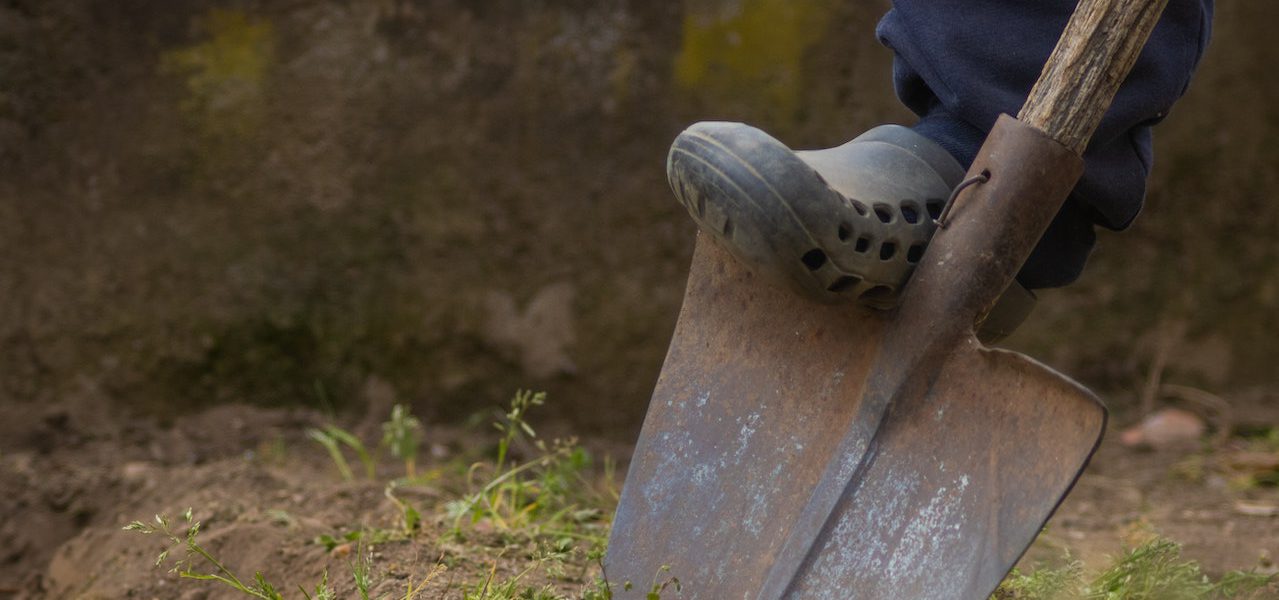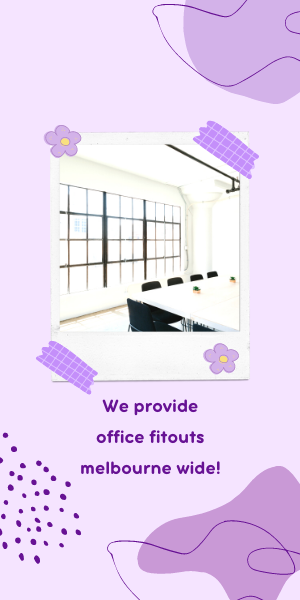The elements that lay the groundwork for stunning outdoor spaces often go unnoticed in landscaping. Yet, beneath the beauty of flourishing gardens and well-structured pathways lies the silent synergy of two unsung heroes: crushed rock and garden mulch. These unassuming materials play a pivotal role in creating landscapes that are not only visually appealing but also functional and sustainable.
The Power of Crushed Rock
Crushed rock, or crushed stone or gravel, is a versatile landscaping material with various applications. It’s created by crushing large stones into smaller fragments, resulting in multiple sizes and textures that can be tailored to different landscaping needs. Crushed rock offers a solid foundation for hardscape elements such as driveways, walkways, patios, and garden borders.
One of the primary advantages of using crushed rock is its durability. Unlike traditional soil or sand surfaces, crushed stone provides a stable base that can withstand heavy foot traffic, vehicular loads, and the test of time. This durability makes it ideal for areas where erosion and wear are concerns.
Moreover, crushed rock aids in proper drainage. Its porous nature allows rainwater to infiltrate the ground, reducing the risk of puddling and waterlogged areas. This attribute is essential in preventing soil erosion, maintaining healthy plants, and preventing water damage to hardscape features.
The Benefits of Garden Mulch
On the softer side of landscaping, garden mulch offers its own set of benefits. Garden mulch refers to organic materials such as wood chips, straw, leaves, and bark spread over the soil surface. This layer of mulch serves multiple functions that contribute to the overall health and aesthetics of garden beds.
One of the most notable advantages of garden mulch is its role in conserving moisture. By acting as a protective barrier between the soil and the sun’s rays, mulch helps reduce water evaporation, allowing plants to retain moisture and thrive even during dry spells. Additionally, the mulch layer prevents weeds from taking root and competing with plants for essential nutrients and water.
Garden mulch also regulates soil temperature. In hot weather, it shields the soil from excessive heat, helping to maintain an even temperature that encourages healthy plant growth. During colder months, mulch acts as insulation, protecting plant roots from frost and temperature fluctuations.
Furthermore, as the garden mulch breaks down over time, it adds valuable organic matter to the soil. This decomposition process enriches the soil with nutrients, supporting the growth of vibrant, lush vegetation. Garden mulch contributes to a visually appealing garden and nurtures the earth and its inhabitants.
Crushed Rock and Garden Mulch in Harmony
While crushed rock and garden mulch may seem like contrasting materials, their roles often intersect in landscaping design. Many outdoor spaces incorporate both elements to create a harmonious balance of form and function.
For instance, crushed rock pathways can be bordered with garden mulch, offering a soft transition between the hard and soft landscaping features. This combination not only enhances the aesthetics of the path but also prevents soil from encroaching onto the pathway and vice versa.
In garden beds, crushed rock can be strategically placed around plants to prevent soil compaction and improve drainage. Interspersed with crushed stone, a layer of garden mulch can be added to provide a protective cover that retains moisture, suppresses weeds, and enriches the soil over time.

Sustainability and Aesthetic Appeal
The synergy between crushed rock and garden mulch extends beyond functionality. Their use aligns with sustainable landscaping practices prioritising resource conservation and environmental health.
Crushed rock reduces the need for constant replacement and maintenance of pathways, as it can withstand wear and weather conditions. This longevity translates to reduced waste and lower long-term costs. Similarly, using garden mulch minimises the need for synthetic weed control methods and frequent watering, contributing to water conservation and reduced chemical usage.
A Symphony of Form and Function
The marriage of crushed rock and garden mulch is, in many ways, a symphony of form and function. These materials fuse to create landscapes that are not only visually appealing but also highly practical and resilient. The interplay between the solid structure of crushed rock and the nurturing embrace of garden mulch results in outdoor spaces that serve human and environmental needs.
Incorporating crushed rock and garden mulch into landscaping designs requires a thoughtful approach. For example, in areas where drainage is a concern, such as the base of a slope, a strategic arrangement of crushed rock can effectively direct water away from sensitive areas. Adding garden mulch atop the crushed rock offers erosion control and helps maintain soil integrity during heavy rainfall.
Sustainable Gardening at its Core
The combination of crushed rock and garden mulch also embodies sustainable gardening principles. As awareness of environmental issues grows, homeowners and landscapers seek ways to minimise their ecological footprint. Both crushed rock and garden mulch align with this ethos by offering long-lasting solutions that require minimal inputs and positively impact the surrounding ecosystem.
Crushed rock’s durability reduces the need for constant replacements, reducing waste and conserving resources. Garden mulch, with its capacity to suppress weeds and enhance soil health, decreases the need for chemical interventions and excessive watering. In an era where sustainability is a driving force, the marriage of these two landscaping elements resonates with those who prioritise responsible stewardship of the land.
A Testament to Landscaping Versatility
Crushed rock and garden mulch are emblematic of the versatility inherent in landscaping. They prove that seemingly disparate elements can coexist harmoniously to achieve a greater goal despite their differences in texture and purpose. Their ability to adapt to various contexts and fulfil diverse functions showcases the creativity and ingenuity that define successful landscaping endeavours.
Whether it’s a tranquil pathway that winds through a garden retreat or a meticulously designed flower bed, crushed rock and garden mulch add depth and character to the landscape. Beyond their merits, their combined influence elevates the outdoor space’s overall aesthetic and ecological impact.













